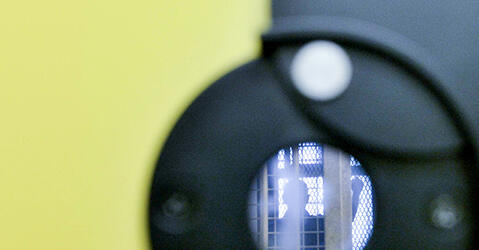You are here
Society
For the first time, researchers are assessing people’s opinions on policies for the global redistribution of wealth and the fight against climate change. Such measures receive massive, nearly universal support, albeit more so in Europe than in the United...
Article
02.13.2026
Manufactured primarily in England and France starting in the early 18th century, pianos were massively exported, in particular to the Americas, leading to the emergence of new repertoires. This is the amazing story of an instrument that has crossed oceans,...
Article
02.10.2026
In the Middle Ages, sugar was praised for its therapeutic benefits, whereas melon was long considered harmful! The mediaevalist and food specialist Bruno Laurioux recounts the history of the eternal quest for a healthful diet, from antiquity to the present...
Article
01.23.2026
Imagining and preparing for the future in order to guide research and public policy is the very purpose of foresight. A perilous exercise, scientists point out. And one that requires dialogue between disciplines, along with solid models accounting for...
Article
12.02.2025
Article
03.27.2025
At the Musée de l’Homme anthropology museum in Paris, an exhibition traces the movements of Homo sapiens across the long history of humanity. To address this complex topic, often the subject of...
Article
01.29.2025
Researchers have developed the world’s first index evaluating prison conditions, attesting to the enforcement – or more often the violation – of the fundamental rights of inmates. The results for...
01.22.2025
Are the dinosaurs in “Jurassic Park” realistic? How does the film franchise explore the impact and applications of science? These are some of the topics addressed in a book published last autumn, as...





